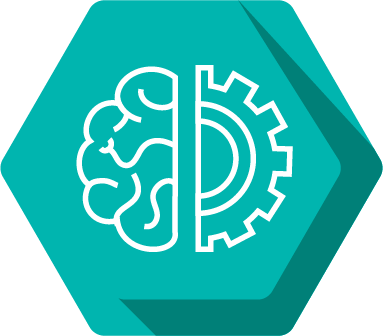Grace Whah

Pronouns: she/her/hers
Research Mentor(s): Yongqun He, Associate Professor
Research Mentor School/College/Department: Lab Animal Medicine, Microbiology and Immunology, & Bioinformatics, Michigan Medicine
Presentation Date: Thursday, April 22, 2021
Session: Session 4 (2pm-2:50pm)
Breakout Room: Room 18
Presenter: 6
Abstract
The International Statistical Classification of Diseases and Related Health Problems, 10th and 9th revisions (ICD10 and ICD9), has been adopted worldwide to share insurance codes for diseases, symptoms, and findings. An effective ICD system is especially important currently with the COVID-19 pandemic, as the international Consortium for Clinical Characterization of COVID-19 by EHR (4CE) website stores diagnosis COVID-19 disease data using ICD10/ICD9 codes. Unfortunately, the ICD system is difficult to decode due to its’ many shortcomings. Our project aims to address these shortcomings through a new ICD system which uses ontology. Prior to my joining this project, He lab developed an ICD ontology (ICDO) to logically and scientifically represent ICD terms and their connections among different ICD terms. Different from ICD, all diseases in ICDO are defined as disease processes to describe its occurrence with different properties. ICDO decomposes each disease term into different components, including anatomic entities, process profiles, etiological causes, and output phenotype. Currently, we are using 4CE data to analyze detriments of COVID-19 through ICDO. We have utilized the diagnosis data of over 27,000 COVID-19 patients from 5 countries, and the disease codes associated with the data were coded using ICD10/ICD9. Previously, the team had represented over 500 COVID-19 ICD terms in ICDO. During my time in the lab, I have added over 200 additional terms. Analysis before I joined the project showed that COVID-19 targeted multiple organs such as lung, heart, and kidney. Currently, I am adding more terms to ICDO, and after future analysis using the ICDO logical annotations, I expect to draw more conclusions of specifically which organs COVID-19 targets. Due to the ability to analyze and draw connections between ICD data, our findings show that ICDO provides a semantic platform for more accurate detection of disease profiles than ICD systems.
Authors: Grace Whah, Dr. Yongqun He
Research Method: Computer Programming







